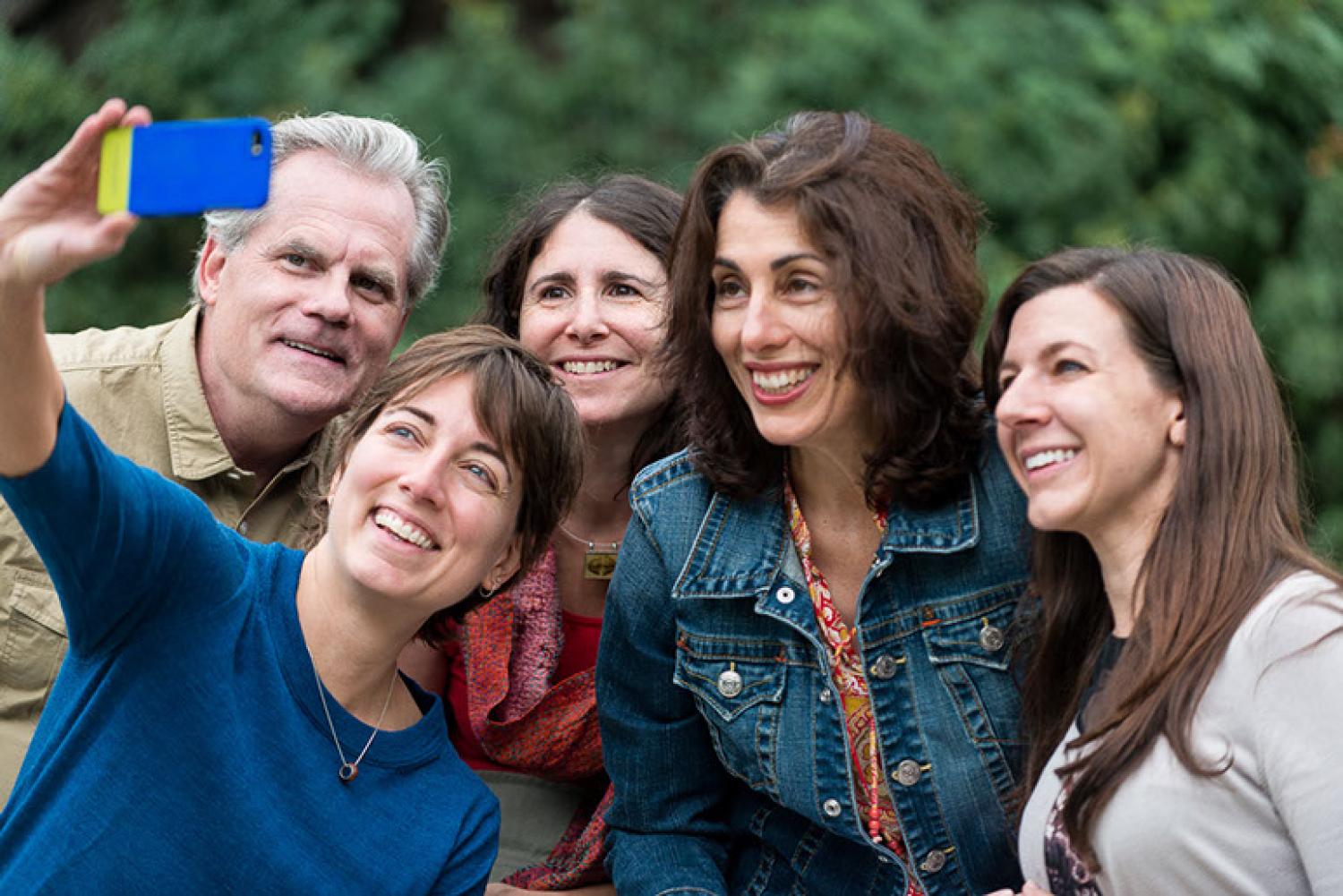
Five journalists have been named Ted Scripps Fellows in Environmental Journalism at the University of Colorado Boulder, where they will explore topics ranging from small-scale farming to the social ramifications of the oil and gas industry.
The nine-month fellowships offer experienced journalists an opportunity to deepen their understanding of environmental issues and policy through coursework, independent projects, seminars and field trips in the region.
The fellowships are named after the late Edward (Ted) Scripps, grandson of the founder of the Scripps Howard media company. The program is funded by a grant from Ted Scripps’ daughter, Cindy Scripps, through the Scripps Howard foundation.
This year’s fellows are:
 Sena Christian is a freelance writer based in Sacramento, Calif. Sena has reported on environmental issues for about seven years, covering topics ranging from green building to food systems and agriculture. Her work has appeared in YES! Magazine, Earth Island Journal, Alternet, Forest Magazine and the Missoula Independent, among other publications. Most recently, she worked as managing editor of the Granite Bay View, a monthly magazine, and as a reporter for the Roseville Press Tribune in California.
Sena Christian is a freelance writer based in Sacramento, Calif. Sena has reported on environmental issues for about seven years, covering topics ranging from green building to food systems and agriculture. Her work has appeared in YES! Magazine, Earth Island Journal, Alternet, Forest Magazine and the Missoula Independent, among other publications. Most recently, she worked as managing editor of the Granite Bay View, a monthly magazine, and as a reporter for the Roseville Press Tribune in California.
As a Ted Scripps Fellow, she plans to focus on the growth of small-scale, sustainable farms in the American West and their role in transforming domestic food systems. She envisions either a series of articles or the foundation for a book.
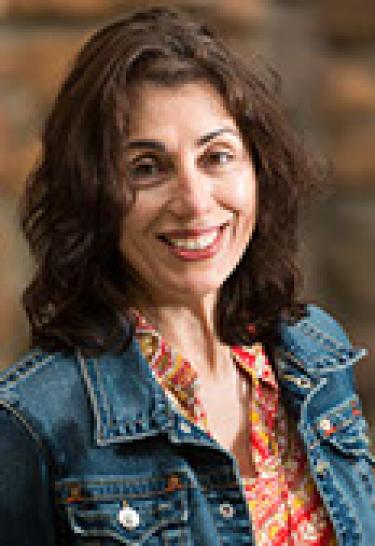 Sonya Doctorian is the senior photo editor for the Washington Post Magazine and an award-winning video journalist. In addition to the Washington Post, she has worked as a photo editor at the Rocky Mountain News, the St. Petersburg Times, the (Columbia, S.C.) State, the Knoxville News-Sentinel and the Tampa Tribune.
Sonya Doctorian is the senior photo editor for the Washington Post Magazine and an award-winning video journalist. In addition to the Washington Post, she has worked as a photo editor at the Rocky Mountain News, the St. Petersburg Times, the (Columbia, S.C.) State, the Knoxville News-Sentinel and the Tampa Tribune.
Doctorian was part of the team at the Rocky Mountain News that published “Beyond the Boom,” a print and online series documenting the impact of natural gas exploration. She will spend her fellowship reporting and producing a 30-minute documentary that seeks to determine whether people are re-creating the conditions of the 1930s Dust Bowl.
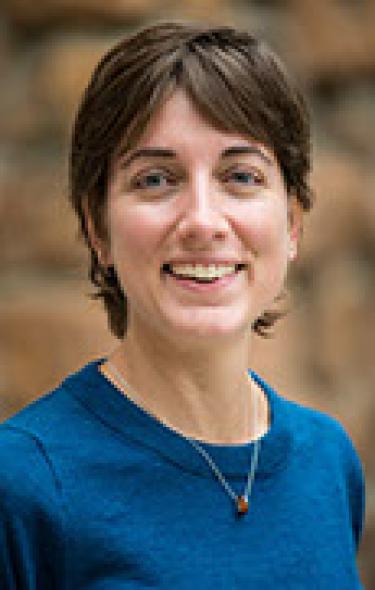 Laura Krantz is lead editor of “Take Two,” a two-hour newsmagazine show on Southern California Public Radio. She is responsible for all content, oversees a team of reporters and producers who create interviews and features, and plans long-term programming. As editor of Take Two she has successfully pushed for more coverage of such scientific and environmental stories as the impact of ocean acidification on coral reefs.
Laura Krantz is lead editor of “Take Two,” a two-hour newsmagazine show on Southern California Public Radio. She is responsible for all content, oversees a team of reporters and producers who create interviews and features, and plans long-term programming. As editor of Take Two she has successfully pushed for more coverage of such scientific and environmental stories as the impact of ocean acidification on coral reefs.
As a Ted Scripps Fellow, she will research how wildfire behavior in the American west may be shifting under the influence of human alterations to the landscape and climate change. She is tentatively planning to present what she learns from her reporting in a work of long-form journalism, and perhaps in multimedia stories.
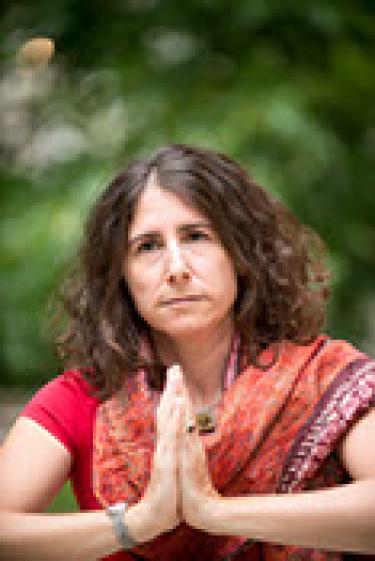 Naomi Lubick is a freelance science and environmental journalist based in Stockholm, Sweden. She has covered diverse topics including astrobiology, earthquakes, nano-materials in wastewater, pharmaceuticals in the environment, mercury pollution, and climate change for a publications including New Scientist, Nature, Scientific American and Science. She has also worked as a staff reporter and editor at Environmental Science & Technology, Global Change, and Earth magazine.
Naomi Lubick is a freelance science and environmental journalist based in Stockholm, Sweden. She has covered diverse topics including astrobiology, earthquakes, nano-materials in wastewater, pharmaceuticals in the environment, mercury pollution, and climate change for a publications including New Scientist, Nature, Scientific American and Science. She has also worked as a staff reporter and editor at Environmental Science & Technology, Global Change, and Earth magazine.
During the fellowship year, Lubick plans to gather material for a book project on consumerism and sustainability. As part of this effort she would like to complete a multimedia project examining energy technology, and particularly the critical field of energy storage.
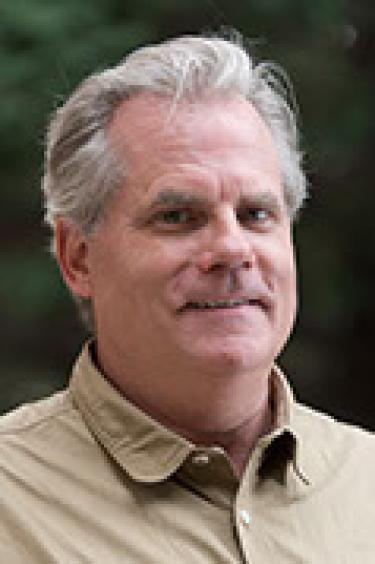 Scott Wallace is an independent writer, photographer, television producer, and public speaker. Wallace has written five feature stories for National Geographic from the Amazon rainforest and is a former correspondent for Newsweek, the Guardian, and CBS News. He is the author of the widely acclaimed book, “The Unconquered: In Search of the Amazon’s Last Uncontacted Tribes,” for which he trekked through the land of an uncontacted indigenous group in the depths of the Brazilian rainforest.
Scott Wallace is an independent writer, photographer, television producer, and public speaker. Wallace has written five feature stories for National Geographic from the Amazon rainforest and is a former correspondent for Newsweek, the Guardian, and CBS News. He is the author of the widely acclaimed book, “The Unconquered: In Search of the Amazon’s Last Uncontacted Tribes,” for which he trekked through the land of an uncontacted indigenous group in the depths of the Brazilian rainforest.
Wallace will use his fellowship to investigate the social and environmental impacts of the oil and gas industry, methods of transitioning to carbon-free energy, and new technologies such as carbon-capturing processes that hold the potential to lessen the impact of fossil fuels on the climate. He plans to use his research to produce a series of magazine articles and, eventually, a book.
